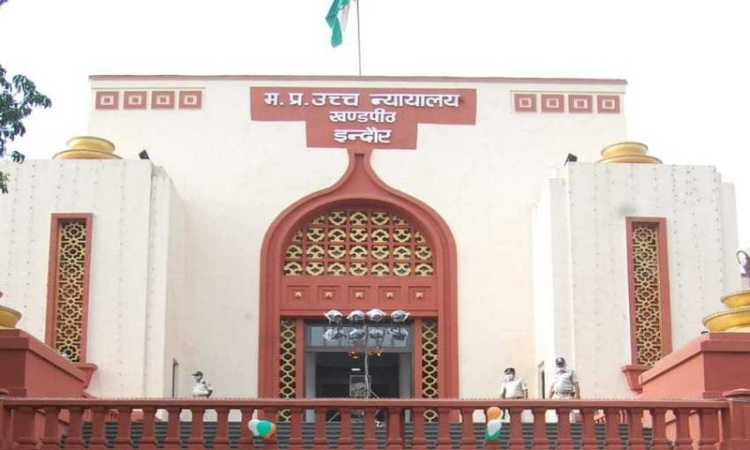MP High Court Suggests State To Consider Categorizing Penalties For Anganwadi Workers Along The Lines Of Service Rules As Major & Minor Punishments
Zeeshan Thomas
19 April 2022 3:15 PM IST

Presently, even if misconduct is found to be minor, no other punishment except termination is prescribed.
Next Story


